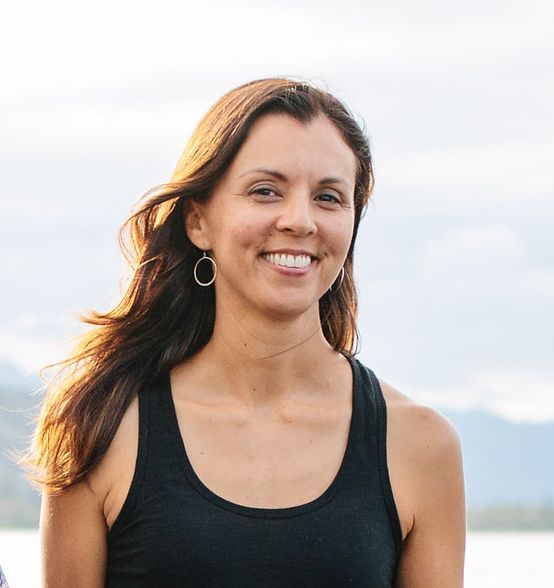


Melissa Price
Dept. Of Natural Resources and Environmental Management (NREM), UH Mānoa
Assistant Professor
How did you find yourself in conservation? Who (or what) is your biggest inspiration in committing to this field?
My mom and dad pointed out animals and plants by name from the time I was little, and I always loved hiking, birdwatching, and being in nature. I stumbled into the field of conservation by just taking opportunities that opened up. After college I worked as a high school science teacher for six years, then completed a PhD and a postdoc with research on endangered species. I love working with everyday heroes at DOFAW, USFWS, and other nonprofits and agencies who have dedicated their lives to saving this planet for future generations.
Describe a typical work week or work day.
Most of my time is spent making sure my undergraduates, graduate students, and postdoctoral fellows can keep doing their research, and keeping an eye on the big picture of all the research happening in my lab. That might mean troubleshooting permitting, securing funding, or writing and editing proposals, reports, and manuscripts. I also meet with collaborators (other faculty, or agency partners at DOFAW or USFWS) to develop projects, troubleshoot, and provide results to improve management. I teach two or three classes per semester to undergraduate and graduate students. There are also committee meetings for various things I'm involved with, and departmental responsibilities.
What is your most favorite or valuable memory working in the conservation field?
I love working in high-elevation native forest in Hawaiʻi. There's nothing quite like waking up with views of the ocean, seeing lapalapa leaves dancing in the morning breeze, or the peacefulness of an evening drizzle while watching tree snails forage on ʻŌhiʻa.
What is conservation to you?
Conservation means not only preserving native ecosystems, but also working to restore degraded areas to improve resiliency for future generations. Conservation often means managing people as much as plants and animals, and putting systems in place that reduce human impact.
What advice do you have for students or emerging professionals?
Think about what matters to you, and what you love, then look for the skill sets that will let you have the greatest positive impact. Seek training opportunities and mentorship, and volunteer every chance you get.



